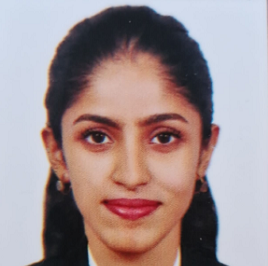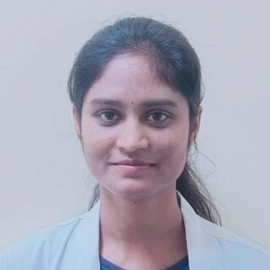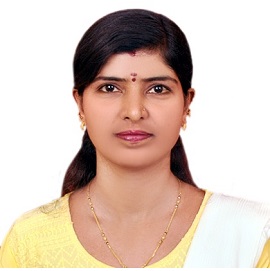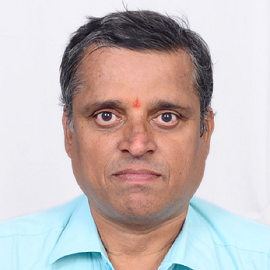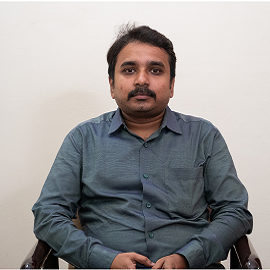
What is the Prostate gland ??
The prostate is a small, walnut-shaped gland in the male reproductive system, located below the bladder and in front of the rectum
-
- Location: The prostate sits below the bladder and in front of the rectum.
-
- Function: It produces a fluid that contributes to semen, which helps nourish sperm and aids in fertilization.
-
- Urethra: The urethra, the tube through which urine and semen exit the body, passes through the center of the prostate.
-
- Enlargement: The prostate enlargement, also known as “Benign Prostatic Hyperplasia (BPH)”, can cause urinary problems.
-
- Prostate Cancer: Prostate cancer is a serious disease that can develop in the prostate gland.
The two main problems that are related to the prostate are “Prostate Cancer” and “Benign Prostatic Hyperplasia (BPH)” and are very common in men aged 50 years and above.
Prostate Cancer
Prostate cancer is a growth of cells that starts in the prostate. Treatment options. include surgery, radiation therapy, hormone therapy or carefully monitoring the prostate cancer. Even when a cure isn’t possible, treatments can slow the growth of the cancer and help you live longer.
Symptoms
Early-stage prostate cancer signs and symptoms can include:
-
- Blood in the urine, which might make the urine look pink or red
-
- Blood in the semen.
-
- Needing to urinate more often.
-
- Trouble getting started when trying to urinate.
-
- Waking up to urinate more often at night.
Signs and symptoms of advanced prostate cancer can include:
-
- Accidental leaking of urine.
-
- Back pain, Bone pain.
-
- Difficulty getting an erection, called erectile dysfunction.
-
- Feeling very tired. Weakness in the arms or legs.
-
- Losing weight without trying.
Causes
It’s often not clear what causes prostate cancer.


Risk factors
-
- Older age. The risk of prostate cancer goes up especially after age 50.
-
- Family history of prostate cancer. Family history of prostate cancer is a high risk. This includes your grandparents and your parents’ siblings.
-
- Obesity. In people with obesity, prostate cancer is more likely to grow quickly and more likely to come back after treatment.
-
- Smoking tobacco. Some research shows a link between smoking and prostate cancer. But not all studies agree. People with prostate cancer who smoke may have a higher risk of the cancer coming back.
Complications
Complications of prostate cancer and its treatments include:
-
- Cancer that spreads. Prostate cancer can spread to other parts of the body, such as the bones or other organs.
-
- Incontinence. Prostate cancer and its treatment can cause leaking of urine, also called urinary incontinence
-
- Erectile dysfunction. Difficulty getting an erection is called erectile dysfunction. It can be caused by prostate cancer or its treatment.
Prevention
No sure way to prevent prostate cancer but you can help reduce your risk if you:
-
- Choose a healthy diet. Eat a variety of fruits, vegetables and whole grains.
-
- Exercise most days of the week. May not prevent prostate cancer but it may help you maintain a healthy weight.
-
- Don’t smoke. If you smoke, talk with a healthcare professional about what might help you quit. .
-
- Medicines to lower the risk of prostate cancer. If you have a high risk of prostate cancer, you and your healthcare professional may consider medicines to lower the risk.

Prostate cancer detection
Typically involves a PSA (Prostate-Specific Antigen) blood test, a digital rectal exam (DRE), and potentially a prostate biopsy if abnormalities are detected. MRI or ultrasound may also be used to guide biopsies.
1. Screening Tests:
-
- Prostate-Specific Antigen (PSA) Test:
This blood test measures the level of PSA, a protein produced by the prostate gland, in the blood. Elevated PSA levels can indicate prostate cancer, but can also be caused by other conditions like benign prostatic hyperplasia (BPH) or prostatitis.
-
- Digital Rectal Exam (DRE):
During a DRE, a doctor inserts a gloved, lubricated finger into the rectum to feel the prostate gland for any abnormalities, such as lumps or enlargement.
-
-
- MRI of the prostate: MRI can be used to help visualize the prostate and surrounding tissues, and can be used to guide biopsies. Other Screening Tests:
-
- Transrectal Ultrasound (TRUS): TRUS uses sound waves to create images of the prostate, and can be used to guide biopsies.
-
2. Diagnostic Tests:
-
- Prostate Biopsy: If the PSA test or DRE results are concerning, a prostate biopsy is usually performed to obtain tissue samples for examination under a microscope.
-
- MRI-Targeted Biopsy: In some cases, MRI images are used to target specific areas of the prostate for biopsy.
-
- Prostate Biopsy: If the PSA test or DRE results are concerning, a prostate biopsy is usually performed to obtain tissue samples for examination under a microscope.
Benign Prostatic Hyperplasia (BPH)
Overview
Benign prostatic hyperplasia (BPH) is also called an enlarged prostate. The prostate is a small gland and it often gets bigger as you get older.
An enlarged prostate can cause symptoms that may bother you, such as blocking the flow of urine out of the bladder. It also can cause bladder, urinary tract or kidney problems.
Many treatments can help BPH. These include medicines, surgery and other procedures.
Symptoms
Common symptoms of BPH include:
-
- Frequent or urgent need to pee, also called urination.
-
- Peeing more often at night.
-
- Trouble starting to pee.
-
- Weak urine stream, or a stream that stops and starts.
-
- Dribbling at the end of urination.
-
- Not being able to fully empty the bladder.
Other possible causes of urinary symptoms
Some other health problems can lead to symptoms that are like those caused by enlarged prostate. These include:
-
- Urinary tract infection.
-
- Inflamed prostate.
-
- Narrowing of the urethra, the tube that carries urine out of the body.
-
- Scarring in the bladder neck due to past surgery.
-
- Bladder or kidney stones.
-
- Problems with nerves that control the bladder.
-
- Cancer of the prostate or bladder.
Some medicines also may lead to symptoms that seem like those caused by BPH. These include:
-
- Powerful pain-relieving medicines called opioids.
-
- Cold and allergy medicines.
-
- Older medicines for depression called tricyclic antidepressants.
When to see a doctor
Talk to your health care provider about your symptoms, even if they don’t bother you. It’s important to find out if there are any causes that could be treated. Without treatment, the risk of a dangerous blockage of the urinary tract can rise. If you can’t pass any urine, get medical help right away.
Prostate cancer and BPH are highly curable. Early diagnosis is the key. Annual PSA Test is highly recommended for men above 50 years age. A very proven method of early diagnosis. It is cheap, painless, simple and easy to conduct this test.
All the very best and stay healthy!

